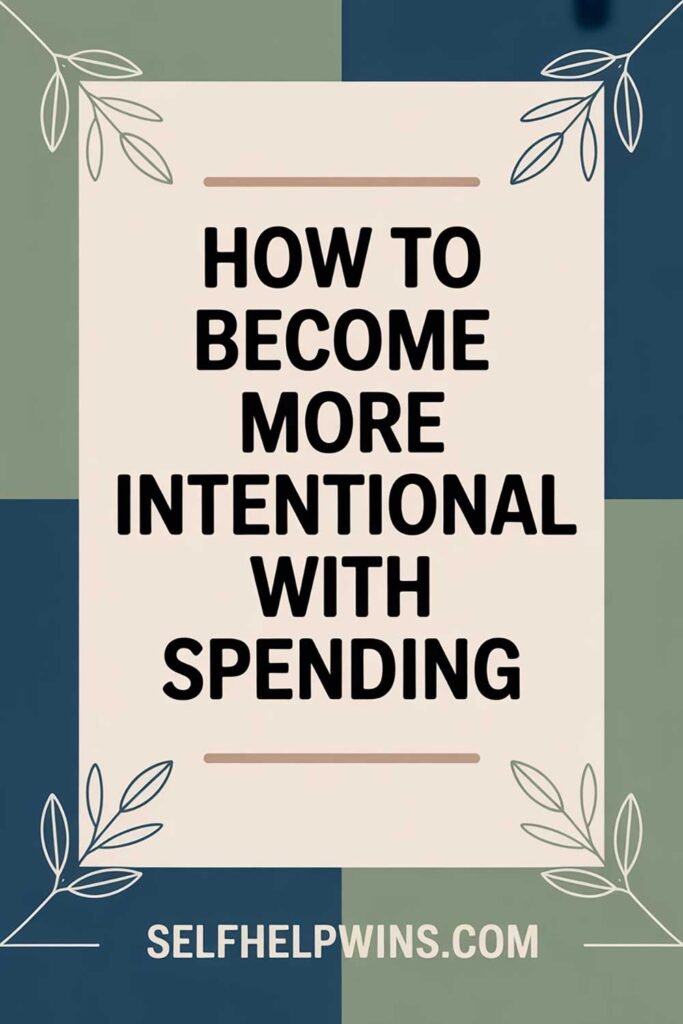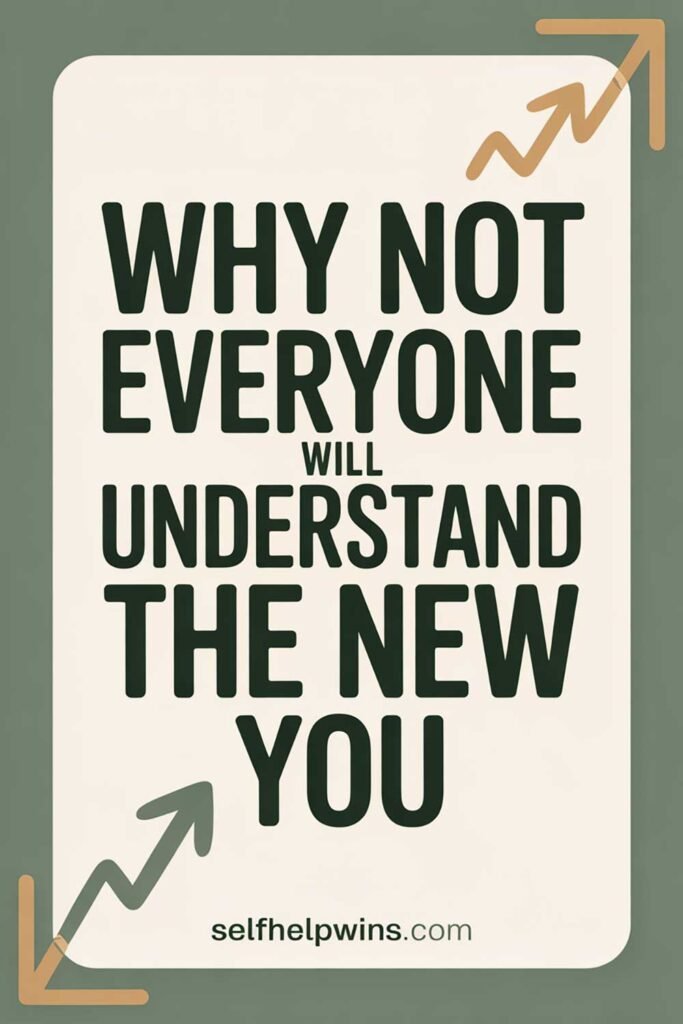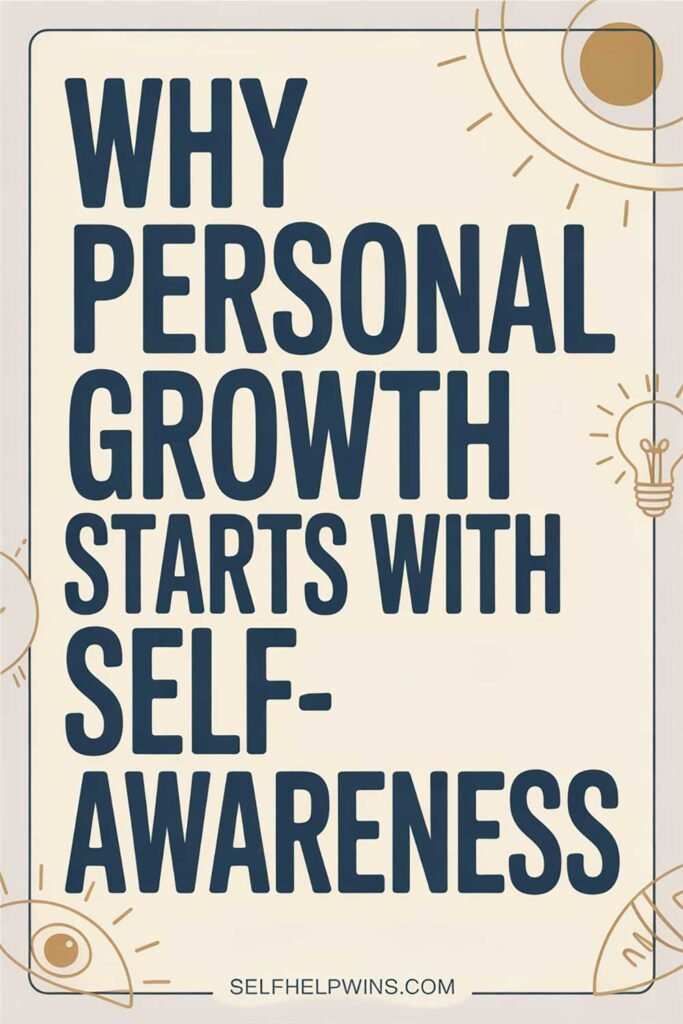How to Keep Going When You Feel Like Giving Up
We’ve all been there. Moments when life feels too heavy, the path too long, the effort too exhausting. Whether it’s a personal goal, a relationship, your job, or just life in general, the urge to throw in the towel can be overwhelming. But here’s the truth: what you do in those moments defines everything that comes next.

In this article, you’ll find practical strategies to help you keep moving forward when quitting feels like the only option. You’ll learn how to build emotional resilience, draw strength from real-life stories, and shift your mindset toward hope and perseverance.
This is your survival guide for the tough days—the days that test your spirit and shape your future.
Why We Feel Like Giving Up
Common Triggers:
- Burnout from overworking or overcommitting
- Fear of failure or fear of success
- Lack of progress despite effort
- Loneliness or lack of support
- Mental or physical fatigue
Knowing why you want to quit is the first step toward reclaiming your power. Awareness creates space for change.
Real-Life Stories: When Giving Up Wasn’t the End
Tanya’s Health Journey
After three failed attempts at losing weight, Tanya nearly gave up. But instead of starting another diet, she focused on walking 10 minutes a day. A year later, she was down 60 pounds, healthier, and more confident than ever.
James’s Business Failure
James launched two businesses that failed within the first year. On the brink of giving up, he took one last shot—this time by focusing on solving a problem he personally faced. That small change turned into a million-dollar digital product company.
Marcia’s Divorce Recovery
After her divorce, Marcia felt broken. Her self-worth was gone. But by joining a local support group and writing daily in a journal, she found her voice again. Three years later, she’s coaching women through their own healing journeys.
10 Strategies to Keep Going When You Feel Like Giving Up
1. Take a Break, Not a Breakdown
Rest doesn’t mean quitting. Give yourself space to pause and recharge. A clear mind sees more possibilities.
2. Reconnect With Your “Why”
Why did you start? What did you want to feel, change, or create? Revisit your original purpose—it often reignites passion.
3. Lower the Bar Temporarily
You don’t have to perform at 100% every day. Progress, not perfection, is what matters. Do the bare minimum if that’s all you can manage.
4. Talk to Someone You Trust
Sometimes all you need is a good listener. Sharing your burden lightens it. You’re not meant to carry it all alone.
5. Get Back to Basics
Eat well. Drink water. Move your body. Sleep. These habits rebuild your mental resilience.
6. Celebrate Small Wins
Every step counts. Recognize the little things: making the call, showing up, writing one paragraph. Stack those wins.
7. Visualize the Future You
Picture your life one year from now—if you keep going. Let that future version of you become your reason.
8. Eliminate Energy Drains
Cut the noise. Unfollow toxic social media accounts. Say no to energy vampires. Create space to breathe.
9. Change the Environment
Sometimes it’s not you—it’s your environment. A new workspace, fresh playlist, or weekend away can shift your mindset.
10. Remind Yourself: You’ve Survived Worse
Look back on your own resilience. You’ve made it through hard times before. You’re stronger than this moment.
When Professional Help Is the Best Next Step
There’s no shame in needing help. If you’re consistently overwhelmed, sad, or feeling hopeless, seek support from a therapist, coach, or counselor. Mental health is strength—not weakness.
20 Quotes to Keep You Going
- “You’re allowed to scream, you’re allowed to cry, but do not give up.” – Unknown
- “Success is not final, failure is not fatal: It is the courage to continue that counts.” – Winston Churchill
- “It does not matter how slowly you go as long as you do not stop.” – Confucius
- “Fall seven times, stand up eight.” – Japanese Proverb
- “When you feel like quitting, think about why you started.” – Unknown
- “Hard times may have held you down, but they will not last forever.” – Joel Osteen
- “Courage doesn’t always roar. Sometimes courage is the quiet voice at the end of the day saying ‘I will try again tomorrow.’” – Mary Anne Radmacher
- “Start where you are. Use what you have. Do what you can.” – Arthur Ashe
- “You don’t have to see the whole staircase, just take the first step.” – Martin Luther King Jr.
- “Your greatest breakthrough often comes moments after you want to quit.” – Unknown
- “Believe in yourself and all that you are.” – Christian D. Larson
- “Tough times never last, but tough people do.” – Robert H. Schuller
- “You are stronger than you think.” – Unknown
- “You didn’t come this far just to come this far.” – Unknown
- “One day, you’ll look back and be glad you didn’t quit.” – Unknown
- “If you’re going through hell, keep going.” – Winston Churchill
- “Pain is temporary. Quitting lasts forever.” – Lance Armstrong
- “Sometimes the bravest thing you can do is keep going when you want to give up.” – Unknown
- “Even if you’re on the right track, you’ll get run over if you just sit there.” – Will Rogers
- “You have survived 100% of your worst days. You’re doing great.” – Unknown
Picture This
It’s a rainy Monday. You don’t feel motivated. But you get up. You brush your teeth, get dressed, and write for 10 minutes. You call a friend. You take a walk. It’s not a perfect day, but you moved. You didn’t quit. A week later, you’ve gained momentum. A month later, the heaviness has started to lift. You look back and smile—because you kept going when it felt impossible.
What if today’s struggle is the seed of your greatest story?
Share This Article
If this article helped you or reminded you that you’re not alone, share it with someone who might need encouragement today. Your share could make a difference.
Disclaimer
This article is based on personal experience and motivational insights. It is not a substitute for professional mental health advice. If you are in emotional distress, please seek support from a qualified professional or contact a crisis line. Results may vary.






